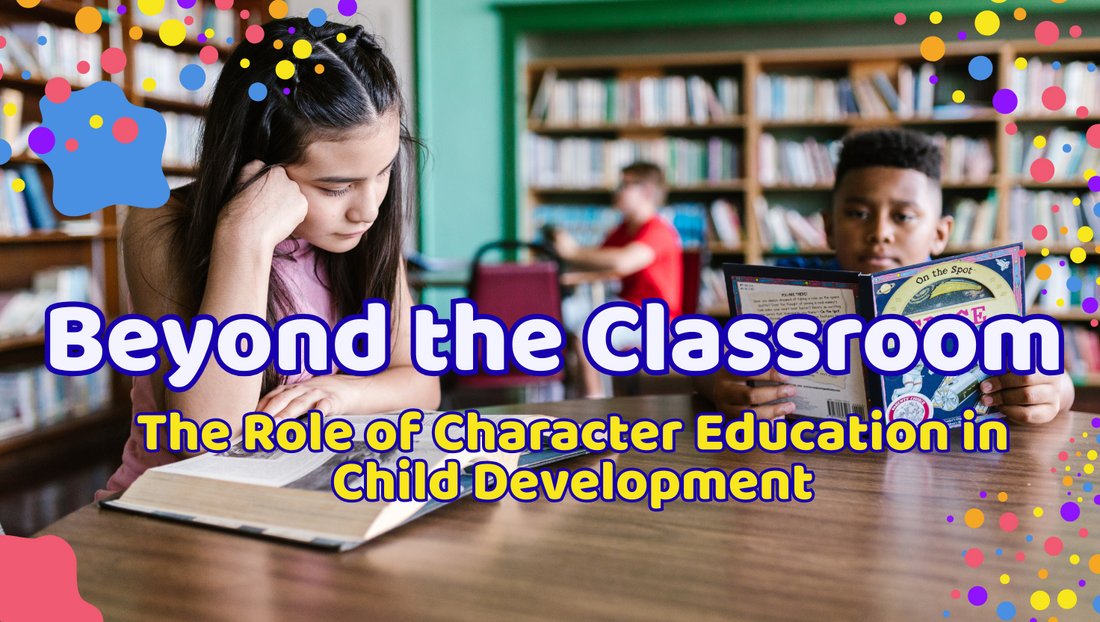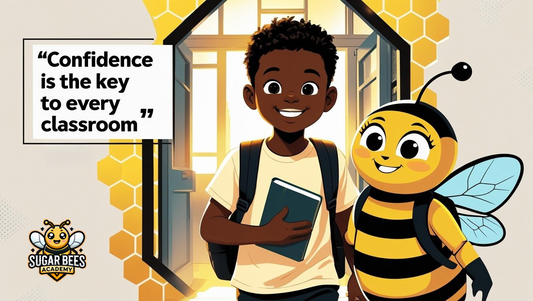
Beyond the Classroom: The Role of Character Education in Child Development
Share
Beyond the Classroom: The Role of Character Education in Child Development
In today’s rapidly evolving world, academic excellence alone doesn’t guarantee success. Equally important is the cultivation of character—traits like empathy, resilience, and integrity—that empower children to navigate life’s complexities. At Sugar Bees Academy, we recognize that character education is not an adjunct but a cornerstone of holistic development.
Understanding Character Education
Character education involves the intentional teaching of core ethical values. It’s about instilling virtues such as respect, responsibility, and fairness, enabling students to make informed and compassionate decisions. This educational approach transcends traditional academics, focusing on the development of moral and civic virtues essential for personal and societal well-being.
The Importance of Character Education
1. Fostering Resilience
Character education equips students with the tools to face challenges head-on. By learning to persevere through difficulties, children develop resilience, a trait that serves them throughout life.
2. Enhancing Social Skills
Through lessons on empathy and cooperation, students learn to build meaningful relationships, contributing to a positive community atmosphere both within and beyond the school.
3. Promoting Ethical Decision-Making
By understanding and internalizing ethical principles, students are better prepared to make decisions that reflect integrity and respect for others.
Implementing Character Education at Sugar Bees Academy
At Sugar Bees Academy, character education is seamlessly integrated into our curriculum:
• Integrated Lessons: We incorporate character-building themes into daily lessons, ensuring that discussions about values are a regular part of classroom life.
• Community Service Projects: Students engage in activities that benefit the community, teaching them the importance of giving back and understanding diverse perspectives.
• Mentorship Programs: Older students mentor younger peers, fostering a sense of responsibility and reinforcing positive behaviors.
• Parental Involvement: We encourage parents to participate in character education initiatives, creating a consistent message between home and school.
The Long-Term Benefits
Research indicates that character education contributes to:
• Improved Academic Performance: Students with strong character traits often exhibit better focus and motivation.
• Reduced Behavioral Issues: Emphasizing values like respect and responsibility leads to a more harmonious school environment.
• Enhanced Emotional Well-Being: Understanding and managing emotions is a key component of character education, promoting mental health.
Conclusion
Character education is not just about teaching right from wrong; it’s about shaping individuals who can contribute positively to society. By embedding these principles into our educational framework, Sugar Bees Academy prepares students not just for tests, but for life.



